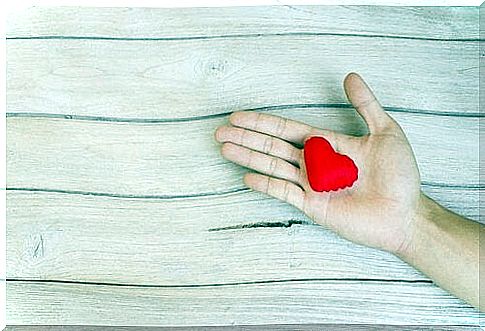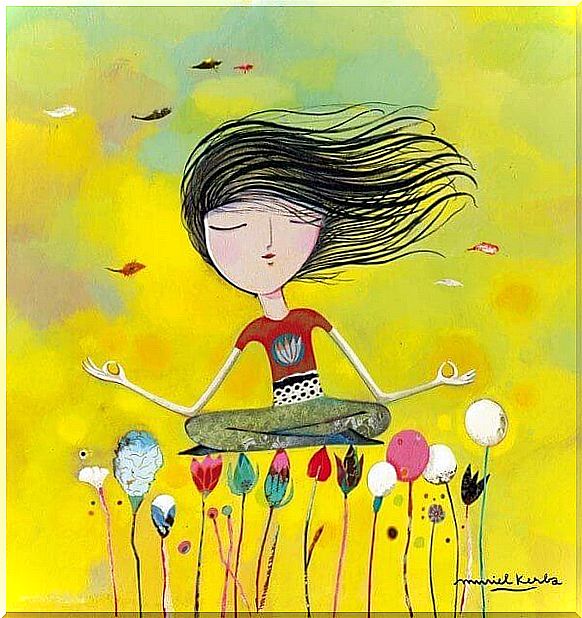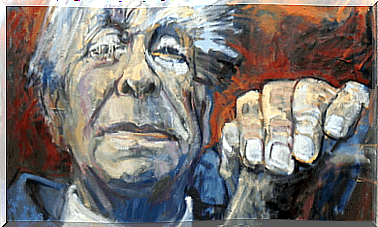If You Fall I’ll Pick You Up, And If Not, Lie Down Beside You

I’m by your side, I’m your friend, your companion, your family, the person who loves you, or I’m someone you don’t know but who is willing to help you. Sometimes we can distance ourselves or maybe we don’t know each other, but the truth is that there is a bond that unites us. If you fall I’ll pick you up, I’ll help you walk and if you can’t walk I’ll sit beside you.
I understand, I sink into your skin, your thoughts, I know who you are and I don’t reveal your secrets, you know me and protect me, we feel the connection of our souls, we share a life, we smile just by looking at each other, we fall and rise .
the meaning of giving love
If I see you crying, I say I’m sorry and leave, I’m not giving you love. If I pay for my children’s studies but I ignore them, I’m not giving them love. If I see my spouse in trouble and I buy him a car, I’m not giving him love.

Giving love means so much more. Helping someone is putting yourself in their place, feeling their suffering, their grief, their sadness as your own, and making them realize that you are there, that you will prevent them from falling, and that if they fall, you will lift it up. Helping the other person should come from an altruistic gesture designed for the other person and not for oneself.
But love is not just for those we know. We can give it to others who are unknown and who need it. It’s love like a hand outstretched in the form of help, support.
The benefits of helping others
Helping others not only benefits the people we support, but also ourselves in many ways and makes us evolve as people. Below are some of the benefits of helping others.
Increases longevity
According to a study published by the journal Health Psychology, people who engage in volunteer activities live longer than those who do not, as long as the reason they act is to help others and not “personal satisfaction”.
Sara Konrath and several of her colleagues at the University of Michigan (USA) reached this conclusion after studying around 10,000 people of different ages and proving that in a period of four years, the chances of survival were 3% higher among those who practiced volunteering.
The scientific basis that Konrath gave to explain the increase in longevity was that when we are concerned about others, our body’s stress responses are deactivated and we release hormones such as oxytocin that restore normal physiological function.
Brings well-being at a mental level
Helping other people, as we said earlier, needs to be understood in a broad sense, that is, we shouldn’t limit ourselves to people we know, but to the fact that we can reach out to other people we don’t know who need help.

When we perform a leisure activity, we feel a well-being that remains in our bodies and our minds for a period, but when we perform an activity to help others, the mental well-being extends over time, because the joy and the gratitude that the other person will convey to us is something that remains in our minds.
Increases self-esteem
When we help another person and feel their gratitude, the opinion we have about ourselves, our self-esteem increases. We feel useful, we feel we’ve done something worthwhile.
Whoever helps becomes a more positive person
Helping others generates positive feelings of joy and happiness, it makes you feel that the glass is half full and not half empty. Being charitable makes you a more optimistic person. The positive thoughts that are generated when we help someone are the source of our sense of happiness.
Therefore, helping others, reaching out, also helps us to be better people, to see the world from another perspective and to be happier.








